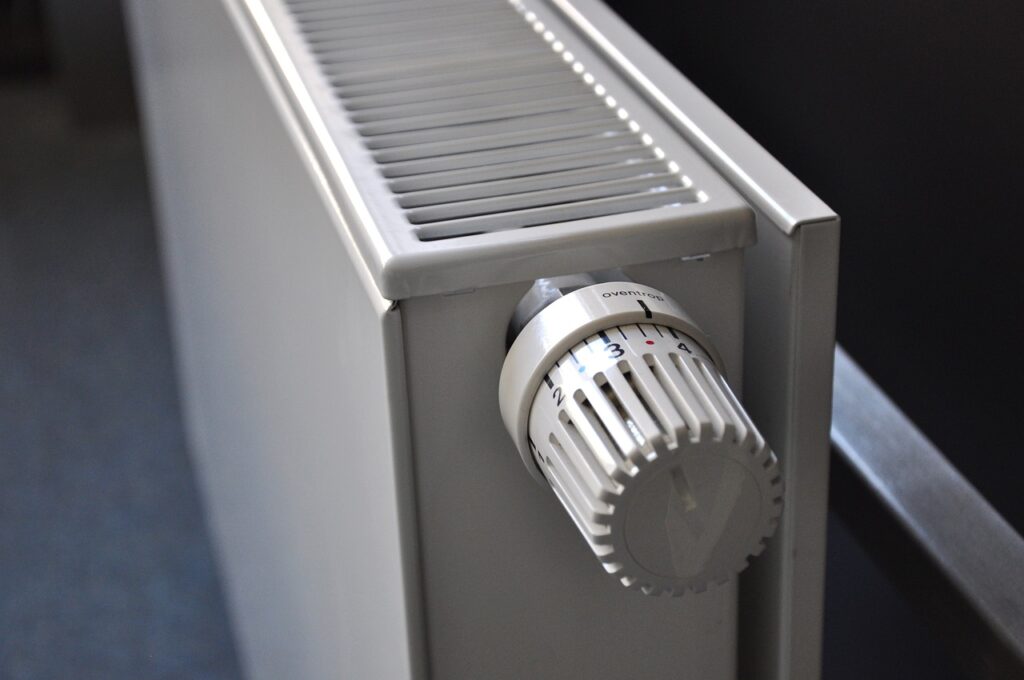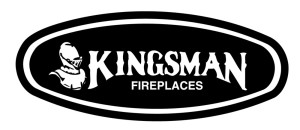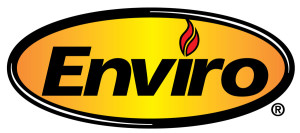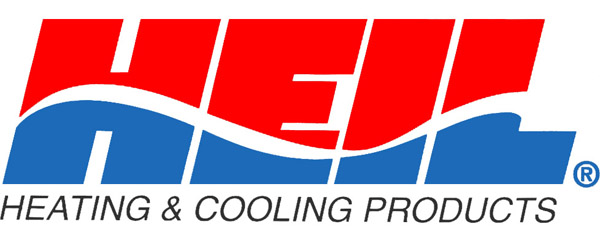It’s been all over the news lately, both in Washington and even at the national level. Heat pumps have become a central part of the discussion about climate change and energy use. But what are the pros and cons of heat pumps, and will it be an improvement over your current HVAC setup?
The bigger question is, especially for us in the northwest – do you have air conditioning right now? Because if you don’t have it, and if you want it, pay close attention. Heat pumps may be just what you’re looking for.
What Is a Heat Pump?
Heat pumps operate differently from air conditioners and furnaces. They work by moving heat from one place to another, rather than always heating or always cooling your home. In the summer, they move heat from inside your house to the outside. In the winter, they move heat from outside to the inside. Along the way, compressors work to warm or cool the air, depending on how you have it set.

The science is a bit complicated, but here’s what you need to know:
With a heat pump, you don’t need separate units for your AC and your heat. The heat pump handles both roles, and is able to heat your home in winter, and cool it in summer.
If you want to know the science, here’s a video explaining how heat pumps work.
Heat Pump Pros and Cons
So, let’s look at the advantages and disadvantages of heat pumps so you can make an informed decision about if switching to a heat pump is something you should strongly consider.
5 Advantages of Heat Pumps
The main advantages of a heat pump are:
1. Dual Purpose – Heat and Cool Your Home
As already mentioned, heat pumps will heat your home in winter, and also cool it in the summer. That means you can achieve with one system what you needed both a furnace and an air conditioner to do before. A heat pump system includes an indoor and an outdoor unit to facilitate the movement of air as well as for backup heat.
The simplicity of this approach is obvious. Rather than require two separate systems to operate, you have just one. You still need an air handler to help circulate the air in your home, but you’ll need that regardless. With a heat pump, you no longer need a separate AC unit.
2. Heat Pumps Are More Energy Efficient
Heat pumps use less energy than HVAC systems that generate their own heat – and that includes natural gas. To heat your home, the heat pump takes the heat from the air outside and moves it inside. To cool in the summer, it does the opposite – remove heat from the home and send it outside.
This method is far more efficient and better for the environment. Other systems have to actually heat up the air and blow it into your house. But the heat pump is just taking heat already present outside, and moving it into your home.
3. Heat Pumps Save Money Over Time
Because heat pumps use less energy to operate, your energy bills will be substantially lower in winter once you switch to a heat pump. The longer it operates, the more money you’ll save.
Just remember to keep changing out your air filters and perform regular maintenance, just like you need to with a furnace or an air conditioner. Clogged air filters make the system work harder, use more energy, and drive up your costs needlessly. This is true for any HVAC system. If you don’t change your air filters consistently – at least once per year – even the most energy efficient HVAC system loses its lofty environmental benefits.
4. Heat Pumps Reduce Your Carbon Footprint
Regardless of where you stand on the politics of it, the facts are pretty straightforward. Using a heat pump doesn’t just improve your energy efficiency. It also reduces your carbon footprint. This is especially true if you have gas heat, because burning gas produces carbon dioxide emissions, though the refrigerant used as part of the heat pump system also affects the environment.
The heat pump requires electricity to operate, so however you are getting your electricity determines the degree of your emissions. But because they are more energy efficient, a heat pump produces less pollution than other forms of heating and cooling your home.
5. Heat Pumps May Reduce Humidity in Your Home
Because heat pumps move air, they can help moderate the humidity in your home. In the summer, they remove humidity by transferring air to the outside. In the winter, they can help avoid drying out the air the way traditional furnaces can, because they bring in air from the outside.
You may still need humidification in either scenario though. It depends on the specifics of your home.
3 Heat Pump Disadvantages
There are a few disadvantages of heat pumps as well. Here are the main ones.
1. More Costly Installation
On the front end, you will pay a bit more for a heat pump. Over time, you save money, but at first, it’s a higher cost.
Depending on the specifics of your home, you may be able to save money using a mini-split, which requires no duct work. For older homes where installing ducts would be very expensive, you can save money using a mini-split. Mini-splits use refrigerant lines instead of ducts, and still allow you to heat and cool individual rooms. In some homes, the costs of both these options will be similar.
2. Less Effective in Extreme Cold
This is the primary disadvantage of heat pumps.
When there’s hardly any heat outside, the heat pump has to work very hard to heat your home. In these conditions, your efficiency declines and your costs increase.
If you have natural gas right now, one way around this is to keep your natural gas as a backup system to use when temperatures drop into the mid-30s. The newer heat pump systems will detect the outdoor temperature, and automatically switch to the backup heating system.
The other key is to not wait until your home is super cold before turning on the heat pump. It’s much more difficult for heat pumps to heat up freezing homes than to maintain warmed ones.
But, all that said, heat pumps are not great options in locations that have long and very cold winters. Here in the Pacific Northwest, heat pumps are a good option because we don’t have very many freezing days. And if you use the backup approach, heat pumps can work just about anywhere.
3. Heat Pumps Have Longer Runtime
As you might have inferred from the previous item, heat pumps tend to heat up the home slower than traditional furnaces, and it takes them longer to cool it in the summer. For this reason, they are on for longer. If the sound of the heat pump running bothers you, this might be a drawback. And while mini-splits can in some cases be quieter, this isn’t always the case.
The key to remember is, as mentioned earlier, the system works much harder if you wait to turn it on. This is true in the summer too. If you wait until your home is 85 degrees before turning on the system, the heat pump will have to work much harder to cool the home, compared to if you had turned it on when you hit 75 degrees.
But either way, the system will be on for longer. The runtime is a pretty minor disadvantage, but if noise bothers you, it’s something to be aware of.
Want to Service Your Heat Pump?
If you already have a heat pump but haven’t had it serviced in (gulp) years, get on our schedule and we’ll come out and perform some much-needed maintenance.
















